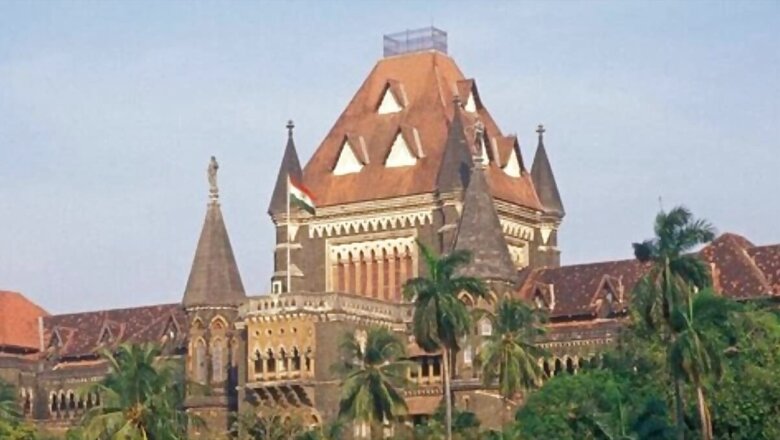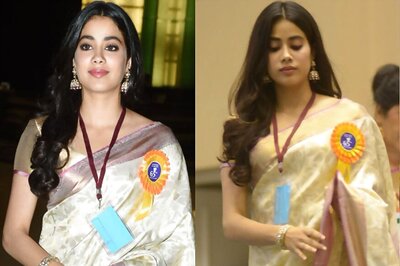
views
In a setback to central government, the Bombay High Court on Friday struck down the 2023 amendments to the Information Technology (IT) Rules, which authorised the Centre to set up a fact-checking unit to identify fake and false content on social media against the government.
A single-judge bench of Justice Atul Chandurkar, serving as the ‘tie-breaker judge’, after a division bench in January delivered a split verdict, ruled that the amendments violated fundamental rights enshrined in the Indian Constitution.
“I have considered the matter extensively. The impugned rules are violative of Article 14 (right to equality), 19 (freedom of speech and expression) and 19(1)(g) (freedom and right to profession) of the Constitution of India,” Justice Chandurkar said. The expression “fake, false and misleading” in the Rules was “vague and hence wrong” in the absence of any definition, he added.
The case had gone to a third judge after a division bench of the Bombay High Court in January delivered a split verdict in this matter. The verdict in January was delivered by a division bench of Justices Gautam Patel and Neela Gokhale. While Justice Patel struck down the Rules, Justice Gokhale upheld them. Justice Patel had said the Rules amounted to censorship, but Justice Gokhale had said they did not have any “chilling effect” on free speech as argued.
What was the petition?
The High Court was hearing petitions filed by stand-up comic Kunal Kamra, the Editors Guild of India, the Association of Indian Magazines and the News Broadcast and Digital Association.
The petitioners claimed the two Rules are ultra vires to Sections 79 which safeguards intermediaries from action against third-party content and Section 87(2)(z) and (zg) of the IT Act 2000. Further they violate fundamental rights granting citizen ‘equal protection under the law’ under Article 14 & freedom of speech under Articles 19(1)(a) & 19(1)(g) of the Constitution of India, it was contended.
In his plea, Kamra stated that he is a political satirist who relies on social media platforms to share his content and the Rules could lead to arbitrary censorship of his content as it could be blocked, taken down, or his social media accounts could be suspended or deactivated.
Solicitor General Tushar Mehta, representing the central government, defended the amendments, arguing they were not intended to curb criticism or satire but to counter the spread of false information.
What was the amendment?
On April 6, 2023, the central government amended the Information Technology (Intermediary Guidelines and Digital Media Ethics Code) Rules, 2021. Rule 3 granted the Centre the authority to form Fact Check Units (FCUs) to identify and flag fake, false or misleading online content related to the government. The amendments faced criticism and legal challenges.
The amended rule said that social media intermediaries like ‘X’, ‘Instagram’ and ‘Facebook.’ would either have to take down the content or add a disclaimer once the government’s FCU identified the content on their platform.
This ruling follows the Supreme Court’s earlier stay on the notification establishing the Fact Check Unit under the IT rules.
(With inputs from agencies)


















Comments
0 comment